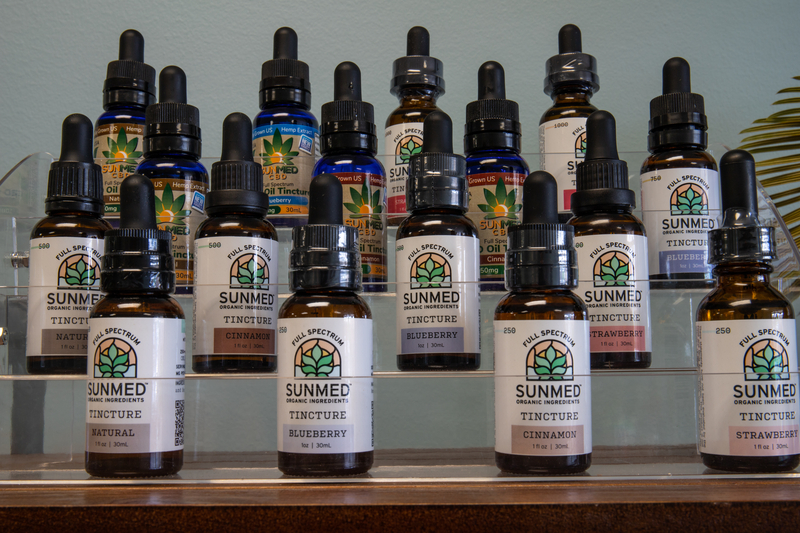TRENTON, NJ—A recent legislative effort in New Jersey seeks to streamline the regulation of cannabis-related products by clearly defining the roles of various state entities and setting stringent requirements for the sale of intoxicating hemp products. Under the new bill, effective coordination between the Cannabis Regulatory Commission, the Department of Agriculture, and the Attorney General’s office is emphasized.
The bill introduces updated definitions for hemp, hemp products, and THC, including the new category of “intoxicating hemp product.” This term specifically applies to products derived from hemp with a THC concentration exceeding certain thresholds. These products would be regulated under the same stringent guidelines as other cannabis items, requiring sellers to obtain a Class 5 Cannabis Retailer license.
The regulatory framework mandates that all intoxicating hemp products must not exceed 0.3 percent THC on a dry weight basis, with further limits on THC content per serving and per package. This legislation also includes a detailed definition of “total THC,” encompassing various cannabinoids that contribute to intoxication.
The bill clarifies that THC produced by manufacturing methods not in compliance with state cannabis laws will be listed as a Schedule I controlled dangerous substance. The focus is also on enforcing compliance, as selling intoxicating hemp products without proper licensing leads to substantial penalties, escalating with repeat offenses.
To ensure adherence to these new regulations, the bill empowers local officials and law enforcement to enforce these rules effectively. Additionally, it mandates a public education program to inform businesses about the new regulatory environment, aiming to ensure statewide compliance and consumer safety.
